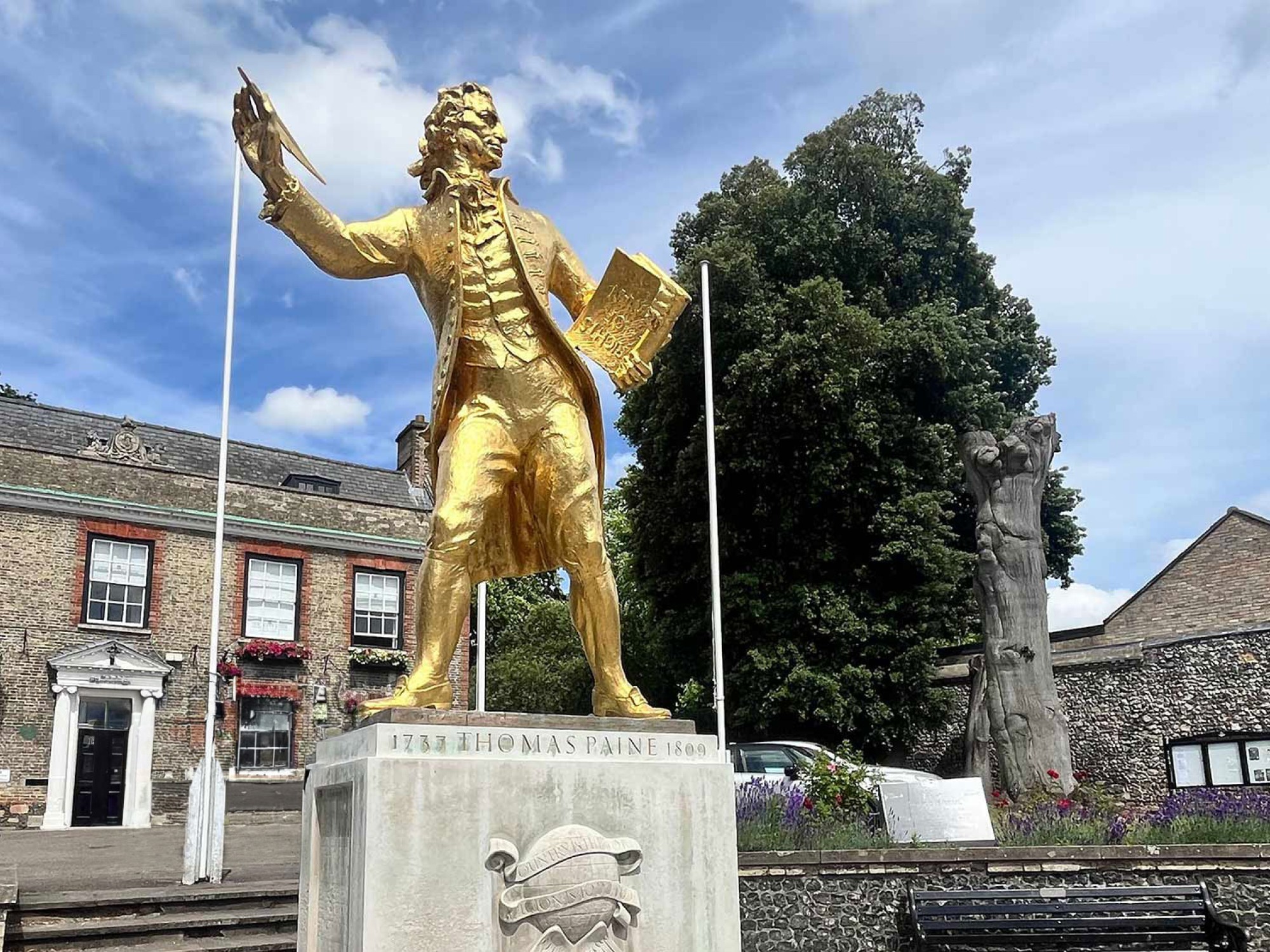
The poor man’s friend
From humble Norfolk origins to global campaigner and freedom fighter, Thomas Paine is celebrated as Thetford’s most famous son
A gleaming golden statue standing proudly in the centre of Thetford serves as a striking visual reminder that the vibrant market town was the birthplace of one of history’s greatest thinkers and revolutionaries. This grand memorial pays homage to Thomas Paine, an 18th century writer who was hailed as ‘the poor man’s friend’ and used the prolific power of the pen to become the first champion of freedom.
Always fiercely controversial, revered by the masses but disliked to the point of hatred by others, Paine was a man far ahead of his time. His powerful influence spread from this corner of rural Norfolk to the American War of Independence and the French Revolution.
Inspired by his humble origins in a corrupt world, he penned earth-shattering pamphlets and books such as Common Sense, Age of Reason and Rights of Man and became one of the greatest political figures of his day.
As his birth town and the place where he spent his formative years, Thetford has boldly embraced Paine as a famous son, with the larger-than-life-sized statue displayed for all to admire outside the former hunting lodge of King James I on King Street.
An inscription on the plinth describes Paine as an ‘Englishman by birth; French citizen by decree; American by adoption’. He is shown in dramatic pose, with the gilded bronze figure holding a quill pen in his outstretched right hand and, in his left, a copy of his iconic work Rights of Man.
“Thomas Paine’s legacy draws people from around the world to Thetford,” says Oliver Bone, Curator of the town’s Ancient House Museum. “Visitors enjoy admiring his statue and learning more about his remarkable life.”
Thomas Paine was born 100 metres from the Ancient House Museum in 1737, the son of a Quaker and corset maker by trade and an Anglican mother. The young Thomas would have passed the building, which was then a private house, on his five-minute stroll from home to the Grammar School.
Paine’s cottage stood close to a place of execution where prisoners were tried and harshly punished; in the year he was born, William Wright, John Painter and James Blade were sentenced to death for stealing money, a bushel of wheat and a parcel of tea. In later life, an outraged Paine would speak out against the death penalty and was imprisoned in France for opposing the execution of King Louis XVI.
Paine worked for his father for a time but, inspired by his schoolteacher William Knowles and books such as Robinson Crusoe, he developed greater ambitions. He left Thetford at the age of 19 and boarded the King of Prussia, a privately owned warship, in search of adventure.
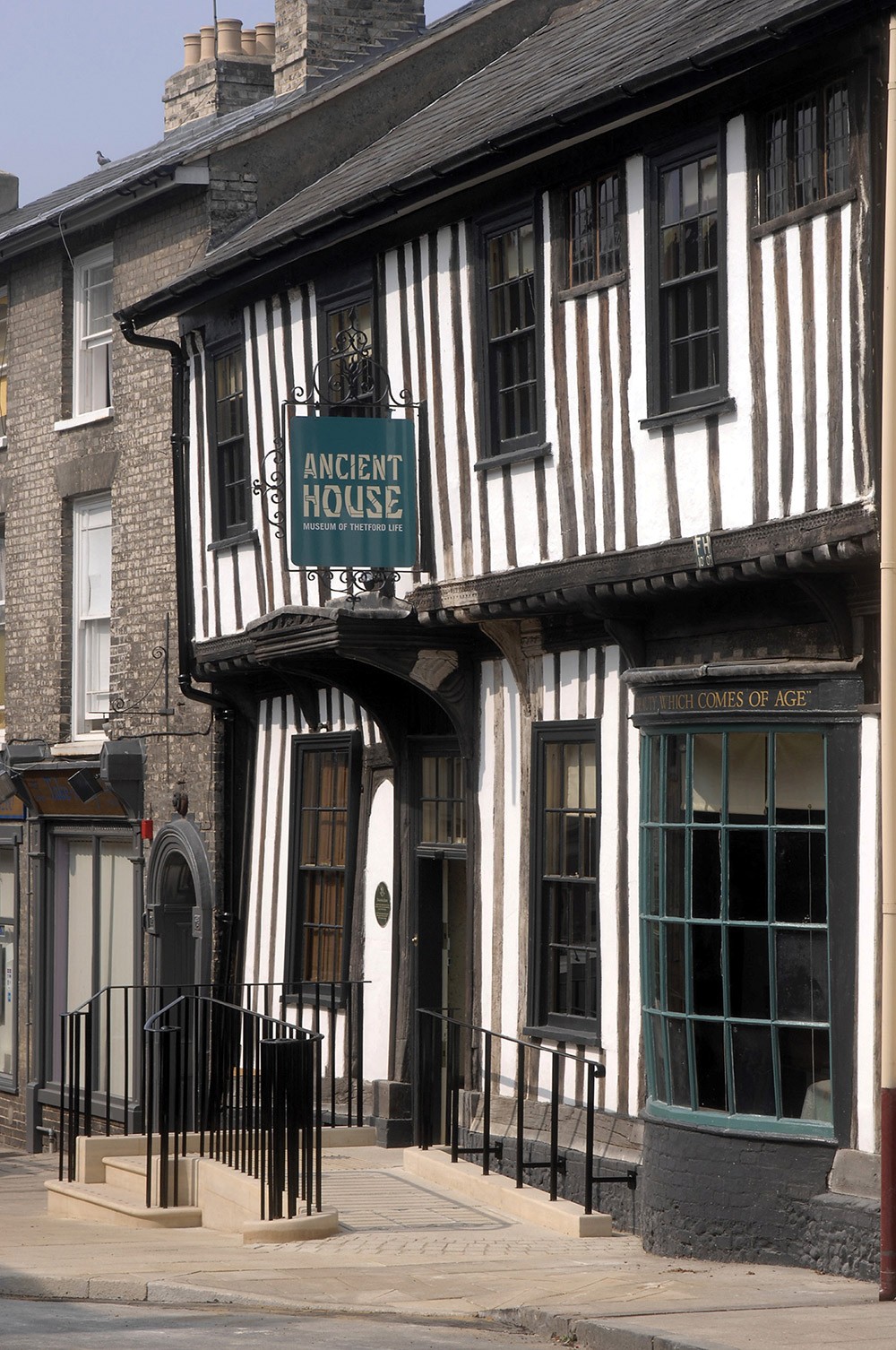
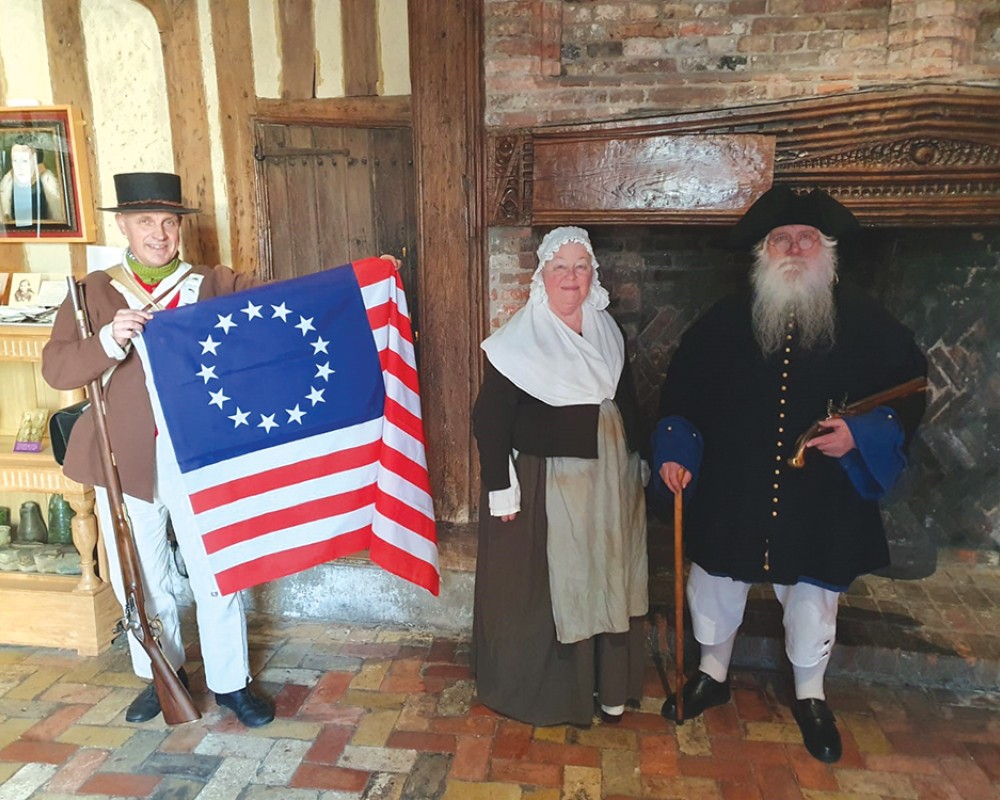
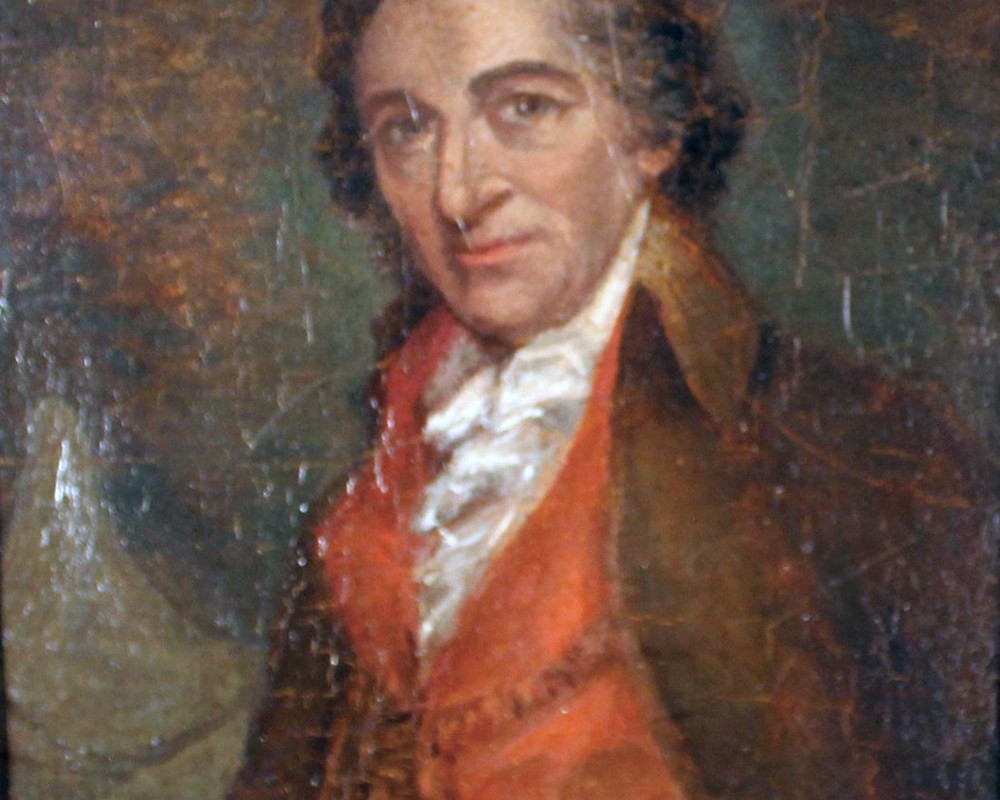
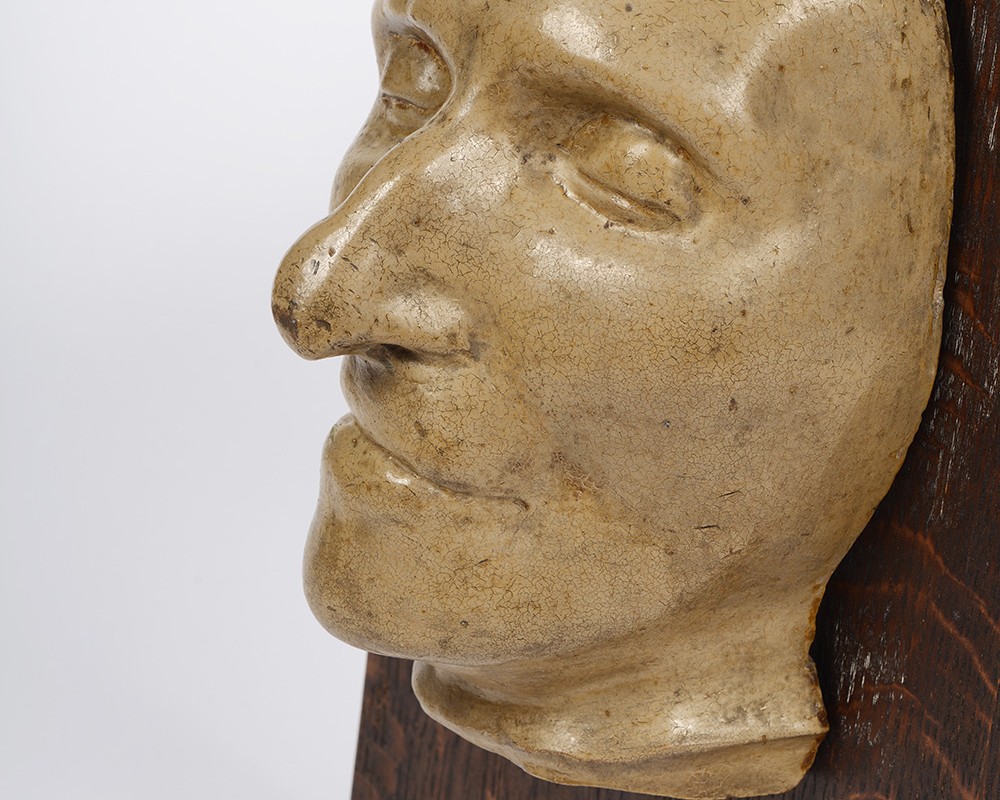
A classic ‘late starter,’ Paine became a walking revolution. He stirred up the spirit of Independence in America, defended the ideals of the French Revolution and shaped democracy and human rights in Britain, where few people had the right to vote.
In America copies of his 1776 publication Common Sense sold like hotcakes and helped people decide on Independence, and his American Crisis pamphlets kept spirits up during the fight for a United States.
After moving to France, Paine published Rights of Man (1791–1792), a controversial treatise supporting the French Revolution. He was involved in the trial of Louis XVI but fell out of favour with the revolutionary government, and narrowly escaped execution himself.
Back in his homeland, the authorities organised a backlash against him and effigies were publicly burned up and down the country. On 9th January 1793, the Bury and Norwich Post reported that an effigy of Paine was hung on a gibbet and burnt at Swaffham.
Paine returned to America in 1802 and died there seven years later. He was met with more hostility following his book Age of Reason, published in three parts between 1794 and 1807, which attacked Christianity and other formal religions.
During the time he was writing this provocative work, a friend said of Paine: “His knowledge was universal; among friends his conversation had every fascination that anecdote, novelty and truth could give it.”
“Will you put on your spectacles, study his physiognomy, purchase his portrait, hang it over your chimneypiece and, pointing to it, say This is no Common Man. This is the poor man’s friend.”
Thomas Paine’s inspiring words have influenced many over the years, with President Barack Obama quoting the remarkable writer as part of his inauguration speech. The infamous Napoleon claimed, “I always sleep with my Rights of Man under my pillow,” and said of Paine “a statue of gold should be erected to you in every city in the universe.”
Thetford’s own statue of gold was commissioned in 1964, a gift from supporters in America. Although controversial at first, the grand structure and Thomas Paine himself, are now a source of local pride. The town continues to celebrate its connections with Paine today, also housing the Thomas Paine Hotel and Thomas Paine Avenue.
Would Paine be happy to be immortalised directly outside the King’s Palace? Maybe not; but he would surely approve of the legacy he left and the glowing recognition he finally earned in his home town.
The Thomas Paine story is catalogued at The Ancient House Museum in Whitehart Street, which is open from Tuesdays to Saturdays from 10am to 5pm.
PHOTOS: © Norfolk Museums Service / Thetford Town Council
